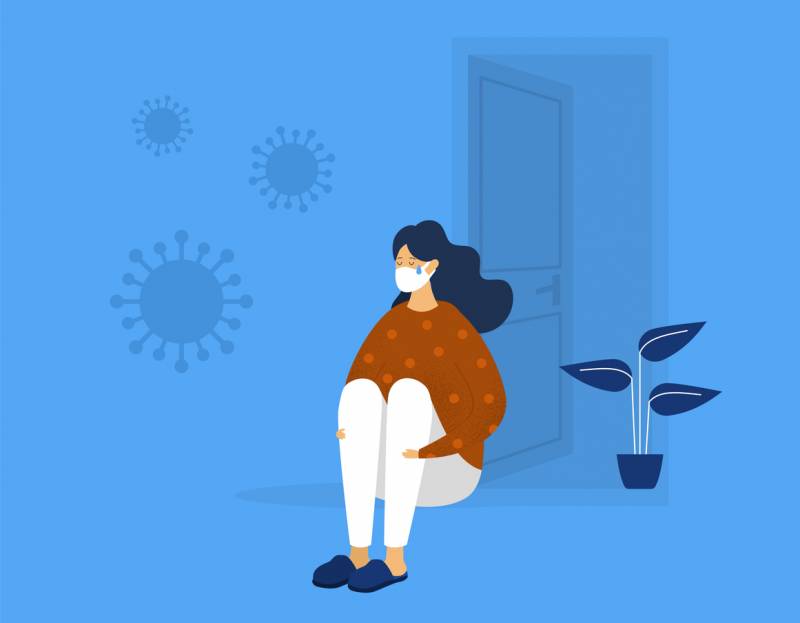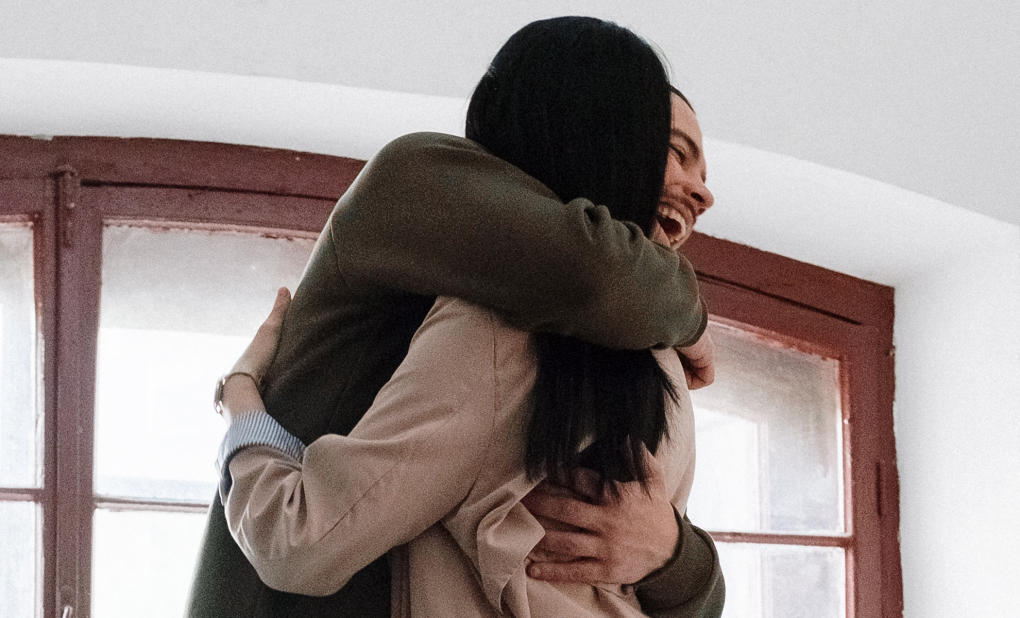Before the pandemic, Jorge Courtade spent Friday and Saturday nights making people dance as Juanny Depp of the DJ collective Amor Digital. And at his day job at Youth Art Exchange, he worked with San Francisco high school students on creative projects and events at the nonprofit’s bustling Excelsior District art space.
With parties canceled and Youth Art Exchange programs mostly online, Courtade’s social circle has shrunk significantly over the past year. Before he got vaccinated, he rarely saw even his parents and closest friends.
But now that bars and movie theaters are partially reopened in many Bay Area counties, and Californians over the age of 16 will be eligible for the vaccine on April 15, he’s been dealing with an unexpected sense of anxiety. The idea of re-entering social life feels daunting even though he’s spent the last year missing how things used to be. “It feels like a disconnect between my desire and my hesitancy about going out to do leisurely-type activities,” he says.
“I think we’re all kind of coming through a collective, traumatic experience,” Courtade elaborates. “Even though I might be relatively protected from the virus, we spent a whole year trying to protect ourselves and others from it. I guess it’s kind of ingrained in my head; I don’t want to be around other people if I can avoid it.”





